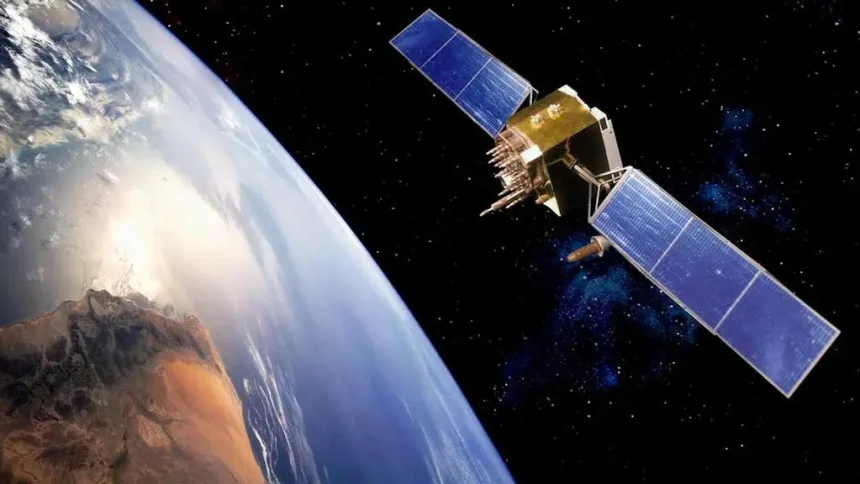In a bold move signaling a significant push towards economic diversification and technological advancement, the Nigerian government has announced its ambitious target to generate over $200 billion annually through the strategic regulation and development of its burgeoning space industry. This initiative underscores the nation’s commitment to harnessing the vast potential of space technology for socio-economic growth.
The announcement, made earlier today, highlights the government’s focus on creating a robust regulatory framework that will attract investment, stimulate innovation, and ensure sustainable growth within the space sector. This move comes at a crucial time, as Nigeria seeks to broaden its revenue streams beyond traditional oil exports.
“We recognize the immense potential of the space industry to contribute significantly to our national economy,” stated a senior government official, emphasizing the strategic importance of this initiative. “By implementing effective regulations, we aim to create an environment that fosters growth and attracts both local and international investors.”
The potential impact of a well-regulated space industry on Nigeria’s economy is substantial. It encompasses a wide range of applications, including satellite communication, remote sensing, navigation, and space exploration. These technologies are crucial for various sectors, including agriculture, telecommunications, environmental monitoring, and national security.
Experts believe that a clear and consistent regulatory framework is essential for unlocking the full potential of Nigeria’s space economy. “A well-defined regulatory landscape provides clarity and certainty for investors, encouraging them to invest in the sector,” explains Dr. Adeola Akinola, a technology policy analyst. “This, in turn, drives innovation and creates jobs, contributing to overall economic growth.”
The government’s strategy includes the development of national space policy guidelines that align with international best practices. This will ensure that Nigeria’s space activities are conducted responsibly and sustainably. Furthermore, the focus on regulatory frameworks, will help to manage and allocate the nation’s space based resources.
Read Also: Nigeria’s Space Sector to Launch Regulation with N20 Billion Boost
The initiative also reflects a broader trend of African nations increasingly recognizing the strategic importance of space technology. Countries like South Africa, Egypt, and Algeria have already made significant strides in their respective space programs, demonstrating the continent’s growing ambition in this field.
For ordinary Nigerians, this initiative holds the promise of improved connectivity, enhanced agricultural practices through satellite data, and better disaster management systems. “Imagine the impact of improved internet access in rural areas or more accurate weather forecasts for our farmers,” reflects a local technology entrepreneur. “This could transform lives.”
While the $200 billion target is ambitious, it underscores the government’s commitment to leveraging technology for economic development. The success of this initiative will depend on effective implementation and collaboration between government, industry, and academia.
As Nigeria embarks on this exciting journey, the world watches with keen interest, observing how this strategic investment in space industry regulation will shape the nation’s economic future.













